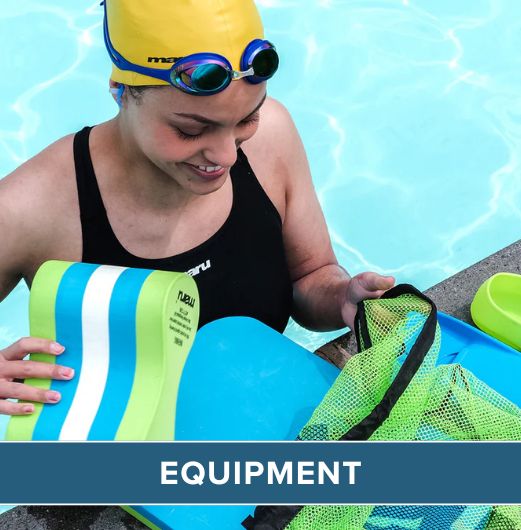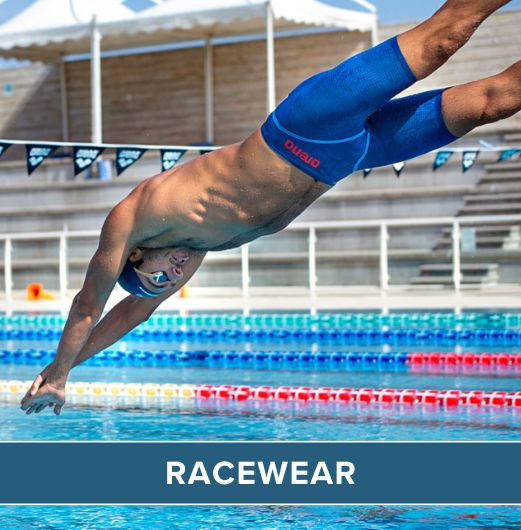
Fears are very normal amongst adults and children, and a fear of water is one of the most common. A fear of water can be terrifying, but it can also stop many people from learning to swim in the first place which causes it’s own problems. But, if you’re ready to tackle your fear, there is no need to worry, there is lots of advice and support out there to help you!
Here are a few tips to help you overcome a fear of water, and hopefully get you swimming in no time.
#1 Go at your own pace
The first step of overcoming your fear is talking to someone about it. Try to identify the origin of the fear and if it is rational or irrational. Once you begin to understand your fear you will already be on the road to overcoming it.
Don’t push yourself, simply go at your own pace. Once you feel ready, begin by gradually familiarising yourself with water, even if you just dip your toe into a shallow pool. Notice how you feel at every stage and remember to take a few deep breaths to help you refocus and connect your mind to your body.
#2 Don’t do it alone
Whether you get professional support from a swimming instructor, or ask a friend or family member to join you, ensuring that you don’t feel alone is key to overcoming a fear.
However, choosing the right swim partner is also just as critical! A good swim partner is someone who you trust, and someone who can support your body in the water. This person should be able to describe and demonstrate swimming and floating techniques to you in a way that you fully understand and can practice yourself.
#3 Practice in a pool
Learning to swim in a controlled environment is extremely important, such as in your local swimming pool, and not in uncontrolled water like the sea. If you attempt to overcome your fear in the sea you can experience instant weather changes, prompting bigger waves and stronger currents. You will also be battling against the tide which may cause you to float into dangerous waters.
Although, public swimming pools can also be hectic so it is best to ask your leisure centre when the quieter hours are. Quieter hours are usually during the early mornings, late evenings, and even lunchtimes after children’s swimming lessons, elderly sessions, and advanced swimming sessions. But it is worth checking these times yourself as they can vary.
Overcoming your fear in quiet hours means you can concentrate on yourself without being distracted by the busy pool, children shouting and advanced swimmers. It can also reduce any worries or fears over embarrassment which will put you at ease and help your focus.
#4 Start in the shallow end
Don’t put yourself under too much pressure – by quite literally – throwing yourself in at the deep end. One key part of overcoming a fear of water is becoming comfortable with floating in water to reduce the immediate worry of drowning.
By starting in the shallow end of the pool you can practice being horizontal in water without the worry of having large depths of water below you. This is a great way of reassuring your mind and familiarising yourself with your surroundings.
#5 Reassurance
When you are ready to try floating or swimming in deeper water simply remember to stay horizontal. This will help to store your energy and reduce the panic of drowning. Also keep to the walls of the pool or have an inflatable with you while you are practicing. The walls of the pool or an inflatable will act as a safety net, helping to reassure you at all times.
If you try to hold onto the water, you won’t be able to float or swim and panic may set in. You need to learn to trust the water and let go. This is not a quick process but if you regularly practice laying face down into the water while holding an instructors hand for support, you will be on the right path to overcome your fear of water.
Overcoming a phobia is a huge accomplishment so hopefully these 5 tips have provided you with the basic knowledge to overcome your fear of water. Of course, everyone’s fear of water is completely different, so just remember to go at your own pace. Good luck!
 Free Tracked UK Delivery
Free Tracked UK Delivery Hassle Free Returns
Hassle Free Returns Next Working Day OPTION
Next Working Day OPTION Found It Cheaper?
Found It Cheaper?














